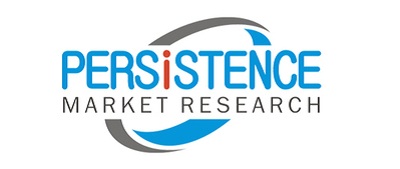Anticancer, or antineoplastic drugs, are indicated in the treatment of malignancies. Cancer is characterized by the rapid explosion of abnormal cells beyond their boundaries, and invading adjoining organs resulting ultimately in death.
According to the world health organization cancer is a leading cause of death worldwide, accounting for 8.8 million deaths in 2015. The most common cancers were lung (1.69 million deaths), colorectal (774 000 deaths), and breast (571 000 deaths). Chemically anticancer drugs are classified as alkylating agents, antimetabolites, natural products, and hormones. Their therapeutic classification include cytotoxic, hormonal therapy, and targeted therapy. Anticancer targeted therapy is further classified into monoclonal antibodies and small molecule inhibitors.
Market Dynamics
The global anticancer drugs market is expected to be driven by rise in incidence of cancer, growing healthcare expenditure and improved infrastructure for drug development. The increasing risk factors such as exposure to carcinogens, tobacco and alcohol use, sedentary lifestyles and infections is driving a large cancer burden. The world health organization estimates that almost 15% of cancers worldwide are caused by carcinogenic infections by causative organisms such as Helicobacter pylori, Human papillomavirus (HPV), Hepatitis B virus, Hepatitis C virus, and Epstein-Barr virus.
Likewise, the increasing success of treatments exhibited by the increasing survival rates is the other factor expected to drive the growth of the anticancer drugs market. The advent of targeted therapy is increasing adoption of anticancer drugs owing to their reduced side effects.
Immunotherapy is finding increasing acceptance among the global medical fraternity over conventional chemotherapy, which until now, had been the first line of treatment for cancer. Immunotherapy is considered a safer alternative to chemotherapy, and companies in the anticancer drugs market are introducing newer portfolios of early checkpoint-based immunotherapy drugs to meet the growing demands from hospitals and healthcare institutions. With key players queuing up to obtain the necessary regulatory approvals, immunotherapy is slated to grab maximum value share of the global market for anticancer drugs in the near future.
Manufacturers of Anticancer Drugs to Expand Their Product Portfolio Through Strategic Partnerships
One of the key trends being observed in the anticancer drugs market is the increasing number of partnerships between large bio-pharmaceutical companies and relatively smaller pharmaceutical companies to retain competitive edge and to beef up their product pipeline. Through partnerships and licensing deals, big pharmaceutical companies are acquiring new product lines from smaller companies while also continuing to enhance their in-house drug development strategies.

















